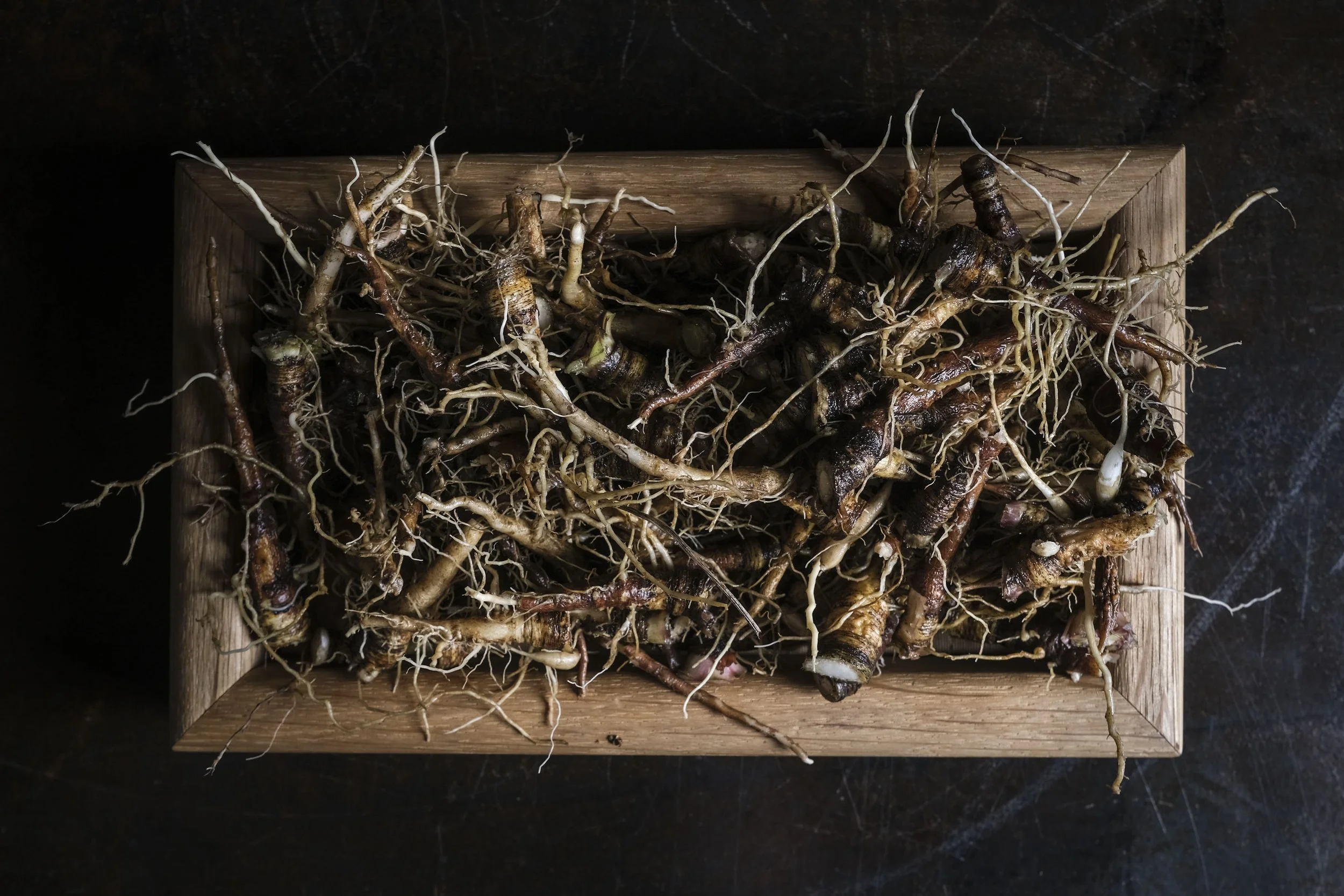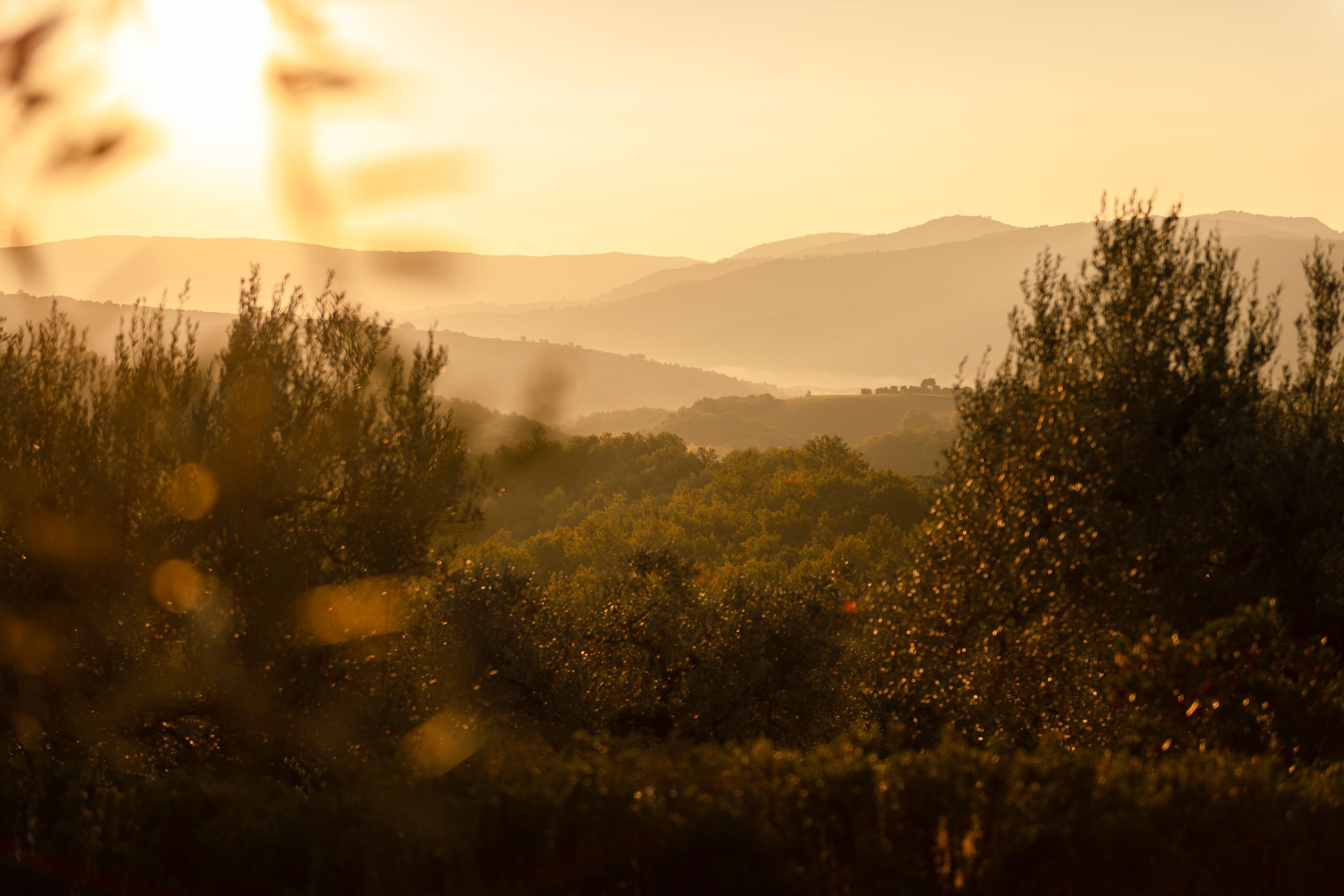The World We Look Forward To In 2024
What developments are we most eager to see this year?
Words and images by LOOMS contributors
‘Plastic Looking Back’ (2014), artwork by Pamela Longobardi
January, with its air of new beginnings, often invites us to chart pathways towards a better version of ourselves and life around us. Kicking off this year with a surge of inspiration, we turned to our environmentally conscious creative community and collected their thoughts on a big question — what’s the world we wish to see and embody in 2024?
Charged with optimism and personal engagement, their answers beautifully encapsulate our collective aspirations for a more sustainable present and future. Unsurprisingly, they also trace the larger themes we are excited to explore in the months to come.
More empathy and kindness, more inclusive views of the human world and beyond
I wish we could go back to building bridges instead of tearing them down and create understanding of one another rather than excluding each other based on race, gender, heritage or political preference.
There are choices made out of fear — fear of the unknown, fear of change, fear of isolation. I have only one voice, but I can use it to stimulate a bit of empathy towards one another. By allowing places, faces and voices to travel and be seen and heard by others. Chipping away at some of the biases, I really hope that we can continue to live side by side and take better care of the environment around us.
Mark Rammers, Photographer
My hope for the near future is to see the rise of a new kind of ‘humanist democracy’ and new financial models that honour nature, conservation and longevity over profit.
Clara Le Fort, Writer
I’d like to see humans collectively becoming less self-interested. I feel there has been an escalating madness that does not bode well for us, or the planet. We are not here alone, and the greed with which we have been taking resources from all other lifeforms, is causing our collapse. Will the human species wake up in time to care for each other and the extensive more-than-human world? It is my hope. Nature will be fine, in its endless creativity, it will rearrange into something new. But can we become more evolved humans?
Pamela Longobardi, Artist / Expedition Naturalist
More responsible ways to produce and consume
I'm craving more conviction: from brands, investors, consumers on the brands we want to see (and which deserve to be) in our future.
As a music lover, I’m really keen to see where the music industry evolves and am hoping for more variety and a more robust rewards structure for artists. Big players, the likes of Spotify, need to set an example for quality and support of artists’ sustenance. A world without diverse musical expression is a sorry place.
Oh, and it's always nice to wish for less greenwashing, fewer Kardashian-backed brand launches, more considered marketing and more funding secured for healthcare innovations, particularly those that are female-focused.
Jordanne Young, Brands strategist / Founder of Enid.fm
I'd love to see more conscious consumerism internationally, and also commit to it personally. Let's get single use plastics banned and turn our backs on high-street brands that are polluting rivers and exploiting workers for good.
Imogen Lepere, Writer
Image by Notpla
Moving towards a plastic-free world
Plastics are deeply ingrained into global supply chains and daily life due to their functionality, low cost and lightweight, so it will take bold action and innovative thinking to transition to a low plastic economy. But some positive shifts are underway in the industry, and I'm excited to see what will come next. Personally and professionally, this is a topic that is very close to my heart as Notpla began as a student project with the aim to make edible packaging. Now, several years into this journey, I'm optimistic that there is finally enough awareness to generate systemic change.
In fact, Notpla has founded a coalition of diverse stakeholders — the Natural Polymers Group — who share a common vision: to promote nature-based solutions for the global plastic pollution problem. It’s exciting to see what we can achieve working alongside other companies that promote solutions in this space.
Rodrigo Garcia Gonzalez, Founder of Notpla
Image by Mark Rammers
Regenerative practices in farming and food culture
We would love to see more interest in regenerative practices, both in farming and in domestic environments. Here at Podere Arduino, we strongly believe that everyone plays a very important role in changing our own lifestyles — from little daily habits, to some bigger choices in the way food is produced and consumed. No more tilling, no more single crops, no more farm waste. We are already working, and will continue to work towards increasing the biodiversity on our land, creating circular processes and zero-waste material chains where everything that comes from the soil will eventually safely return to it.
Martina Morelli & Fabrizio Bartoli, Owners of Arduino Bolgheri
Image by Lido Vannucchi for Arduino Bolgheri
Transparency measures and material standards for a “healthier” built environment
The provenance of our food is widely understood — products are well labelled and protocols legislated. Nutritional details are meticulously communicated and the terms 'organic' and 'free-range' have become intuitive, all of which is empowering consumers to make informed choices. In contrast, our construction industry lags significantly in this regard. Despite the presence of some standards, such as the Forest Stewardship Council (FSC) for timber and Cradle to Cradle certifications, there is a notable lack of uniformity and legal obligation in material provenance. No single source of knowledge. Many building materials still contain hazardous substances like formaldehyde and volatile organic compounds (VOCs), with limited information available on the origin and impact of these materials.
To address this gap, we would like to see the introduction of material passports to serve as a detailed record with standardised measures and reporting (embodied carbon, water usage etc.). This would provide crucial transparency about construction materials and thus enable architects, designers, and consumers to make more environmentally and health-conscious decisions about the spaces they design and inhabit.
Richard Holland, Director at Holland Harvey
Corner at Tate Modern, project & image by Holland Harvey
All considered…
I’d like to see us moving towards having more meaningful conversations and action on all the platforms our lives play out on - whether work, social, or political. I’d like to see more emphasis on balance, calm, empathy, generosity, and humility in how we live and in how we treat others and the spaces around us. These are all elements I'd like to make a conscious effort to more actively incorporate into my life.
Ritu Garg, Writer









